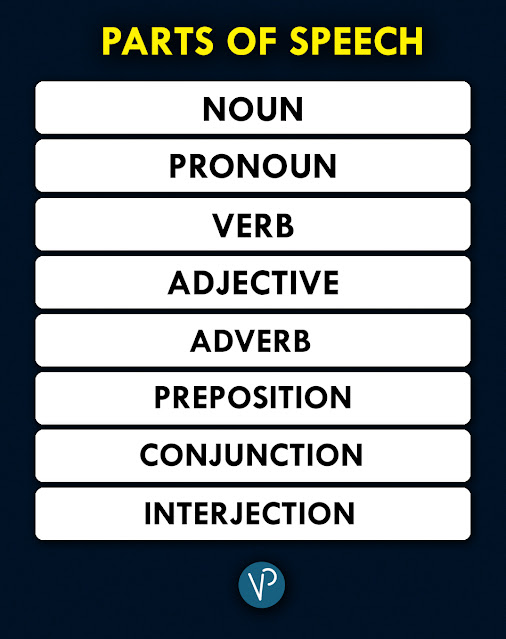英語を学ぶときに、「品詞(Part of Speech)」を理解することはとても大切です。品詞とは、単語の役割や機能を分類したものです。英語には主に 9種類の品詞 があります。それぞれの品詞の役割を知ることで、文を正しく作ることができ、英語の理解力が向上します。
1. 名詞(Noun)
名詞は、人・場所・物・考え などを表す単語です。
例: dog(犬), Japan(日本), happiness(幸福)
2. 代名詞(Pronoun)
代名詞は、名詞の代わりに使う言葉です。
例: I(私), he(彼), they(彼ら)
3. 動詞(Verb)
動詞は、動作や状態 を表す単語です。
例: run(走る), eat(食べる), is(〜である)
4. 形容詞(Adjective)
形容詞は、名詞を説明する単語です。
例: big(大きい), beautiful(美しい), happy(幸せな)
5. 副詞(Adverb)
副詞は、動詞や形容詞、他の副詞を修飾する単語です。
例: quickly(速く), very(とても), well(上手に)
6. 限定詞(Determiner)
限定詞は、名詞の前について意味を限定する単語です。
例: a(ある1つの), the(その), some(いくつかの), my(私の)
7. 前置詞(Preposition)
前置詞は、名詞や代名詞と他の単語の関係を示す単語です。
例: in(〜の中に), on(〜の上に), at(〜で)
8. 接続詞(Conjunction)
接続詞は、単語や文をつなぐ単語です。
例: and(そして), but(しかし), because(なぜなら)
9. 間投詞(Interjection)
間投詞は、感情や反応を表す短い言葉です。
例: Wow!(わあ!), Oh!(おお!), Oops!(おっと!)
品詞を学ぶと英語がわかりやすくなる!
品詞を理解すると、単語の使い方が明確になり、文章を正しく作ることができるようになります。英語の本や会話の中で品詞を意識しながら学習すると、より自然な英語を話せるようになりますよ!

Comments
Post a Comment